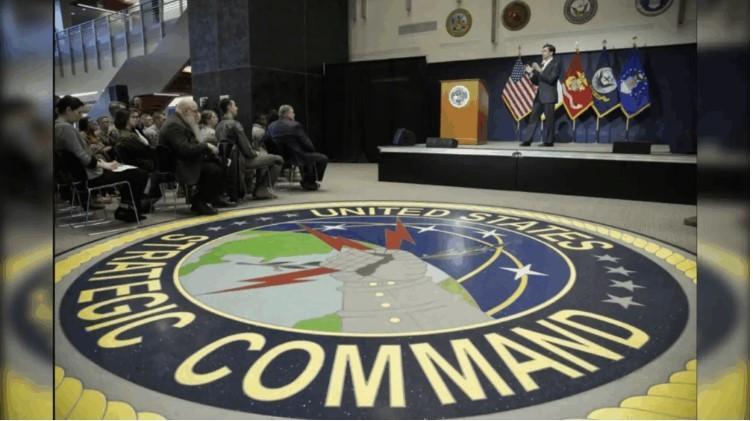
Retired US Officer Admits Leaking Ukraine War Secret on Dating App
In a shocking revelation, a former US Army lieutenant colonel and Air Force civilian, David Slater, has pleaded guilty to conspiring to share classified Russia-Ukraine war intelligence with a contact on an overseas dating platform. The breach highlights the critical vulnerabilities in safeguarding national security information, raising concerns about the ease with which sensitive information can be compromised.
According to court documents, Slater, 54, began an online romance with a woman he met on a foreign dating app in 2020. As their relationship progressed, he shared sensitive information about the Russia-Ukraine war, including details about military operations, troop movements, and intelligence gathering methods. The woman, who remains unnamed, was allegedly working for a foreign government, and Slater’s actions were deemed a serious breach of national security.
Slater’s guilty plea was announced in a federal court in Colorado, where he faces a maximum sentence of 10 years in prison for his crimes. The prosecution alleges that Slater’s actions were motivated by his online romance, which threatened to ruin his marriage and family life. In a statement, the US Attorney’s Office said, “David Slater’s betrayal of his country’s trust is a stark reminder of the critical importance of safeguarding national security information.”
The case has raised concerns about the potential risks associated with online dating and the ease with which sensitive information can be compromised. As the world becomes increasingly interconnected, the importance of protecting national security information has never been more critical. In an era where cyberattacks and data breaches are becoming increasingly common, the revelation of Slater’s actions serves as a stark reminder of the importance of vigilance and caution.
The Russia-Ukraine war has been ongoing since 2014, and the United States has been providing military aid and intelligence to Ukraine in its fight against Russian aggression. The war has been marked by significant violence and human suffering, with millions of people displaced and thousands killed. The sharing of classified information about the conflict could have significant consequences, potentially putting US military personnel and civilians at risk.
Slater’s actions were detected by US intelligence agencies, which monitored his communications and realized that he was sharing sensitive information with his online contact. The FBI launched an investigation, which led to Slater’s arrest in 2021. He has been in custody since then, awaiting trial.
The case has sparked debate about the need for greater vigilance in safeguarding national security information. In an era where online dating is increasingly common, the risks associated with sharing sensitive information are significant. Experts warn that the ease with which sensitive information can be compromised highlights the importance of robust security measures and strict protocols for handling classified information.
In a statement, a spokesperson for the US Department of Defense said, “The Department of Defense takes the unauthorized disclosure of classified information very seriously. We will continue to take all necessary steps to protect our national security and prevent such breaches from occurring in the future.”
The case has also raised questions about the effectiveness of existing security protocols and the need for greater awareness about the risks associated with online dating. As the world becomes increasingly interconnected, the importance of protecting national security information has never been more critical.
David Slater’s guilty plea serves as a stark reminder of the importance of safeguarding national security information. The case highlights the critical vulnerabilities in protecting sensitive information and the need for greater vigilance in an era where online dating is increasingly common. As the world continues to grapple with the challenges of the Russia-Ukraine war, the importance of protecting national security information has never been more critical.






